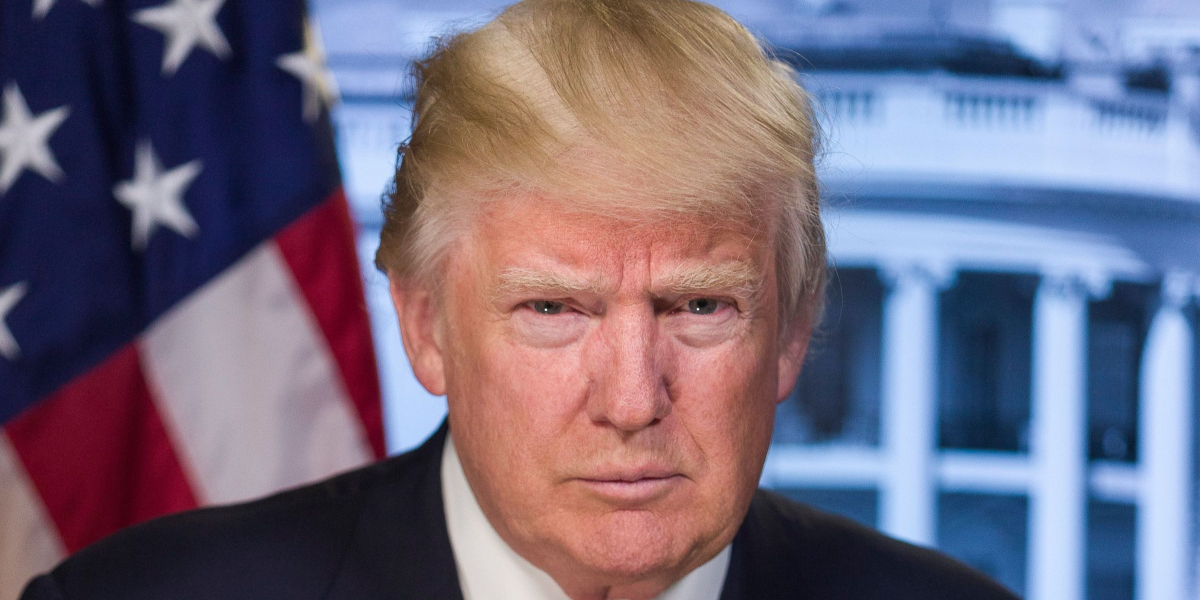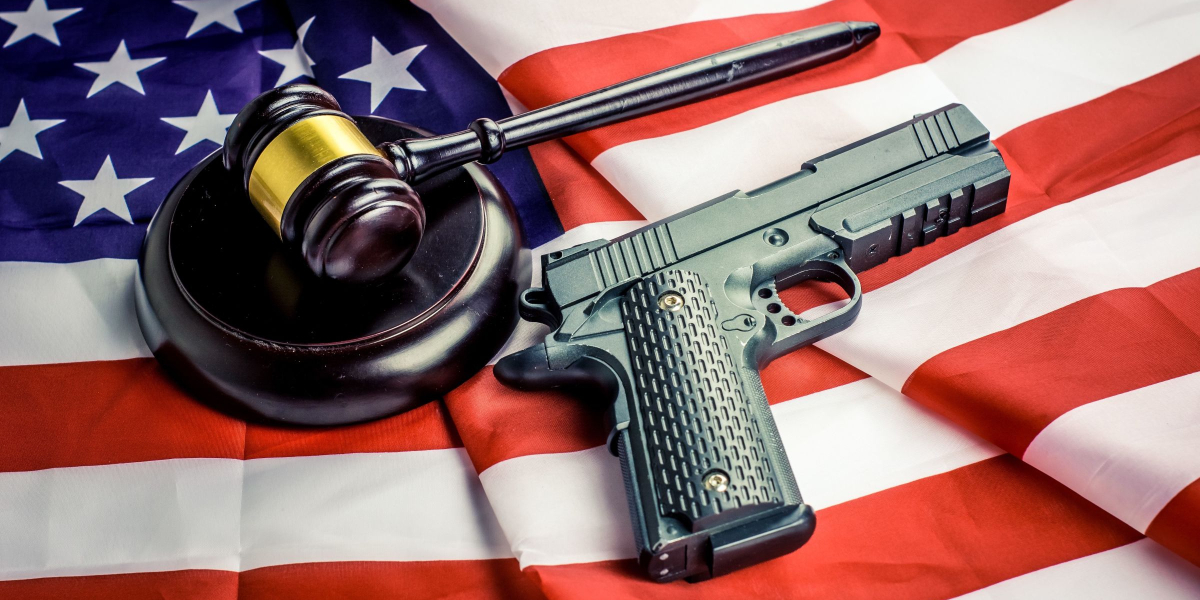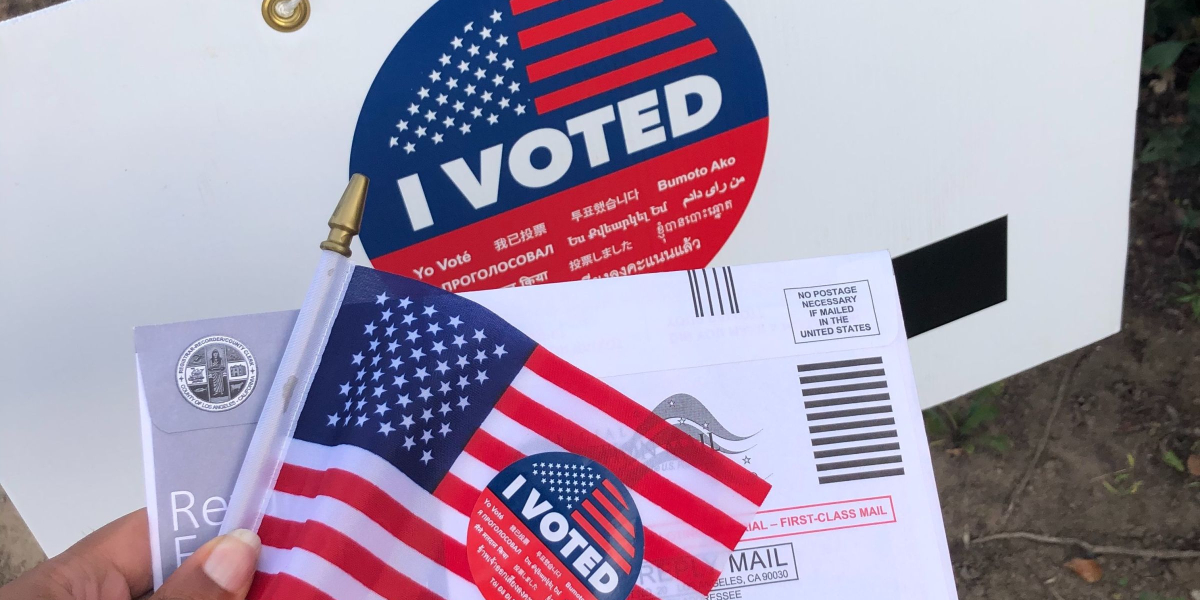Lawsuit Alleges Park Avenue Bank Involved in Chinese Communist Party Activities
A recent lawsuit has brought attention to Park Avenue Bank, alleging its involvement in activities linked to the Chinese Communist Party (CCP). The lawsuit claims that the bank harbored a clandestine cell supporting CCP interests within its ranks, raising concerns about foreign influence and transparency in the financial sector.
The lawsuit, filed by a group of concerned citizens, points to purported evidence suggesting that certain employees of Park Avenue Bank maintained ties to the CCP, engaging in activities aimed at advancing the party’s agenda. These activities allegedly included facilitating illicit financial transactions, providing assistance to individuals with CCP affiliations, and even engaging in espionage-like behavior.
Such allegations have raised eyebrows among regulators and the public alike, shining a spotlight on the potential risks associated with foreign influence in the banking industry. The lawsuit underscores the importance of robust oversight and due diligence measures to safeguard against illicit activities that may undermine national security and financial stability.
Park Avenue Bank has vehemently denied the allegations, stating that it operates with the utmost integrity and adherence to regulatory standards. The bank has pledged full cooperation with authorities in investigating the matter and asserts its commitment to upholding the principles of transparency and accountability.
Despite the denials, the lawsuit has prompted calls for greater scrutiny of financial institutions’ ties to foreign entities, particularly those with connections to governments or political organizations with adversarial interests. Critics argue that such ties pose significant risks to the integrity of the financial system and could potentially enable illicit activities, including money laundering, terrorist financing, and espionage.
In response to the allegations, regulatory authorities have vowed to conduct a thorough investigation into the matter, ensuring that any wrongdoing is swiftly identified and addressed. The outcome of the investigation will be closely watched by stakeholders, including policymakers, investors, and the general public, as it could have far-reaching implications for the banking industry’s reputation and regulatory framework.
The lawsuit serves as a reminder of the need for vigilance in safeguarding against foreign influence in sensitive sectors of the economy, such as banking and finance. It highlights the importance of robust compliance programs, enhanced due diligence measures, and effective regulatory oversight to detect and deter illicit activities that may pose risks to national security and financial stability.
Moving forward, stakeholders are calling for greater transparency and accountability within the banking industry, with a focus on identifying and mitigating potential risks associated with foreign ties. By strengthening regulatory frameworks and fostering a culture of integrity and compliance, financial institutions can help safeguard against the threat of illicit activities and uphold the trust and confidence of the public.
The lawsuit alleging Park Avenue Bank’s involvement in CCP activities underscores the importance of vigilance and transparency in the banking sector. While the allegations remain unproven, they serve as a stark reminder of the potential risks posed by foreign influence and the need for robust oversight to safeguard against illicit activities that may undermine national security and financial stability.











